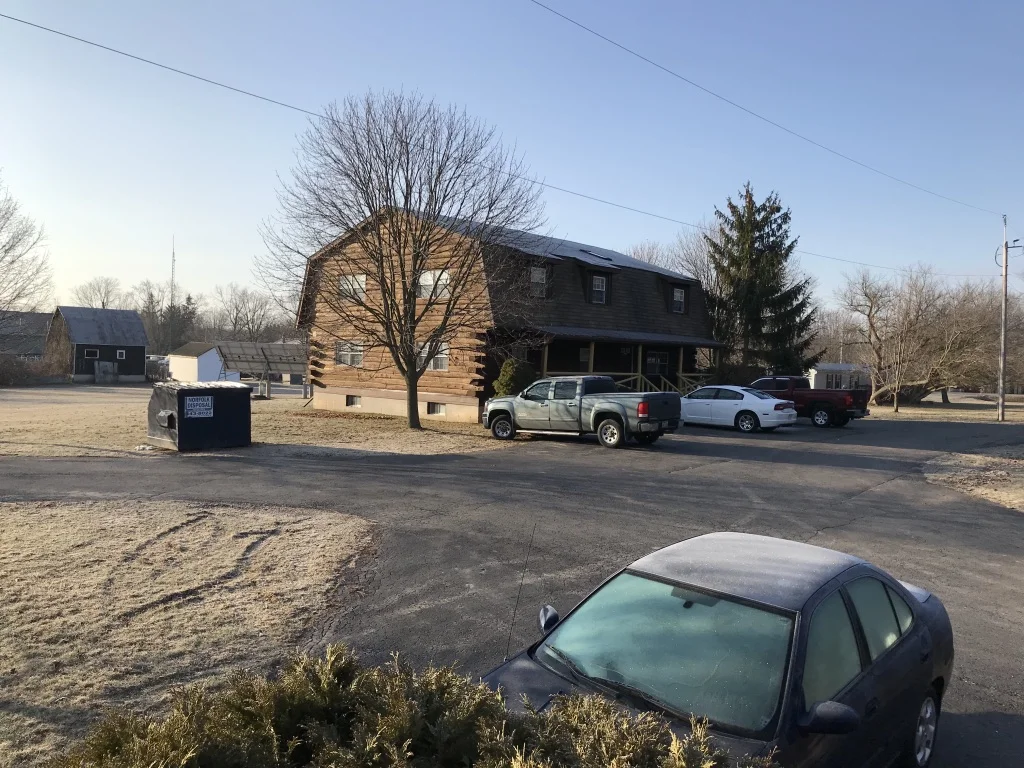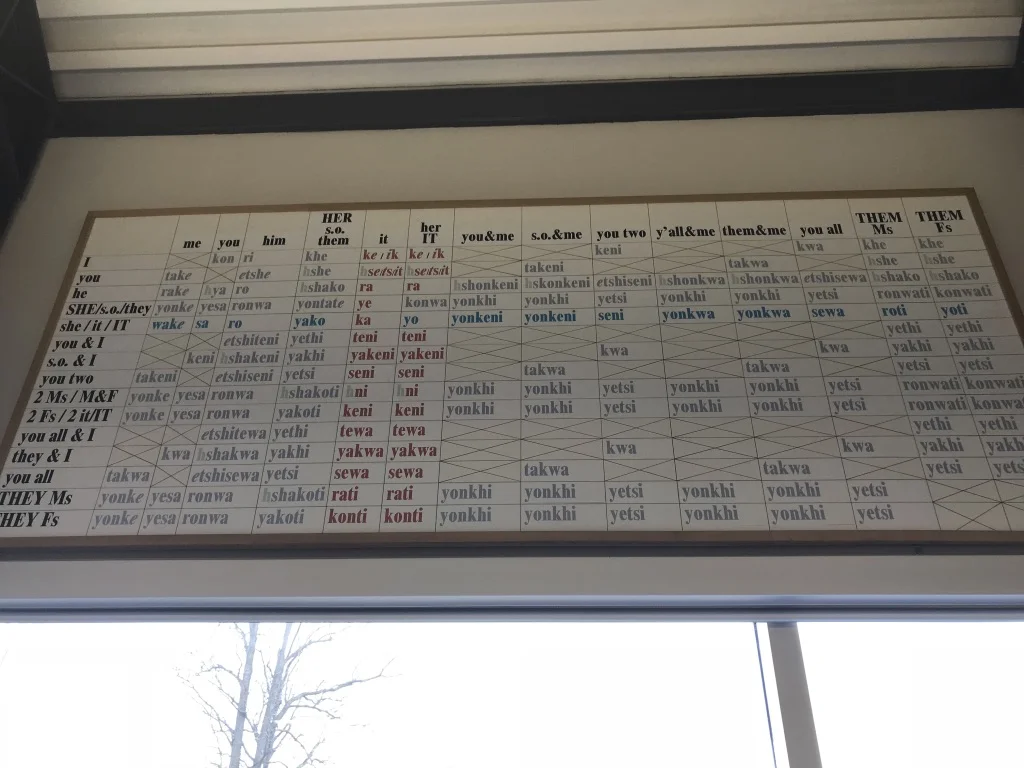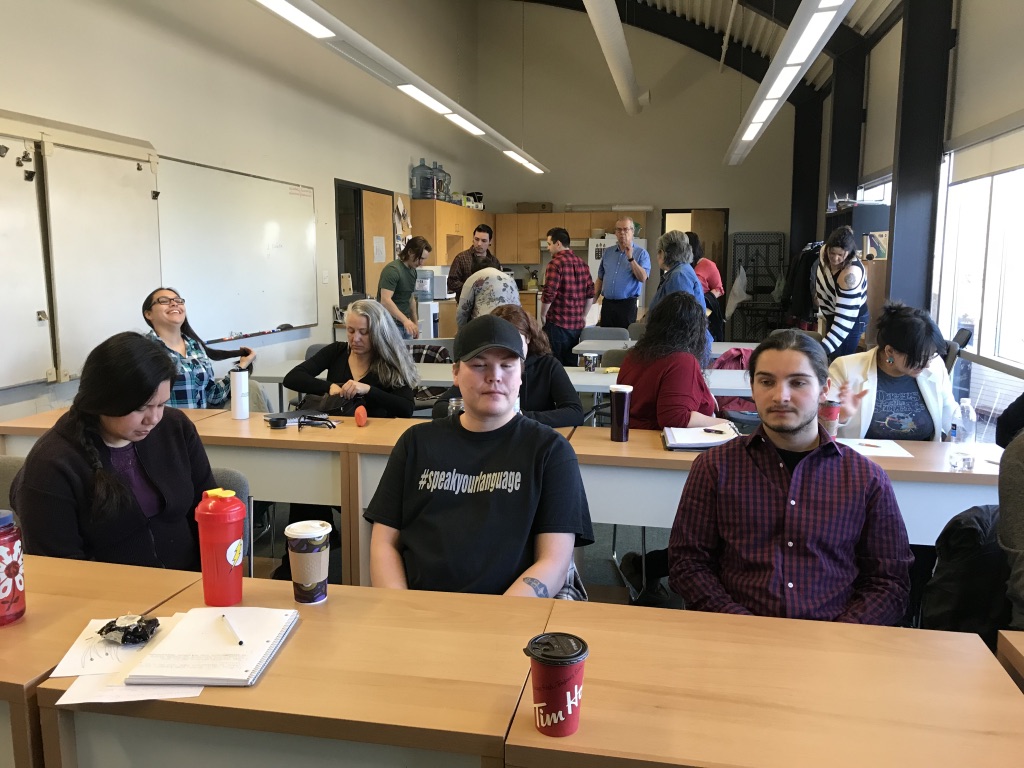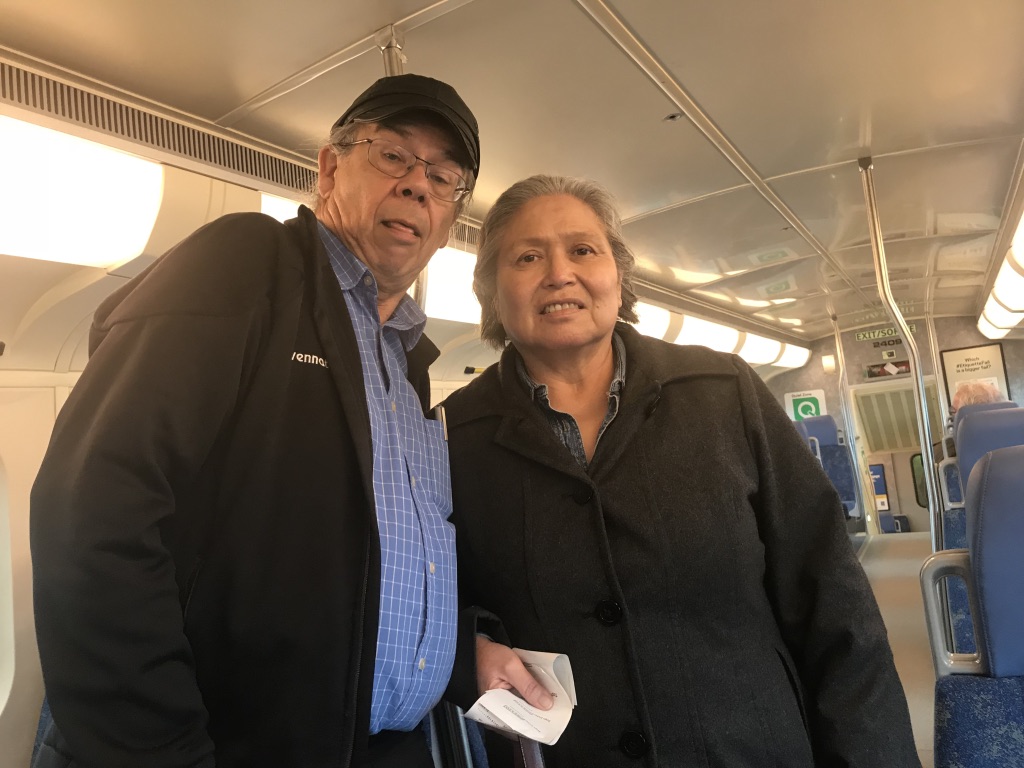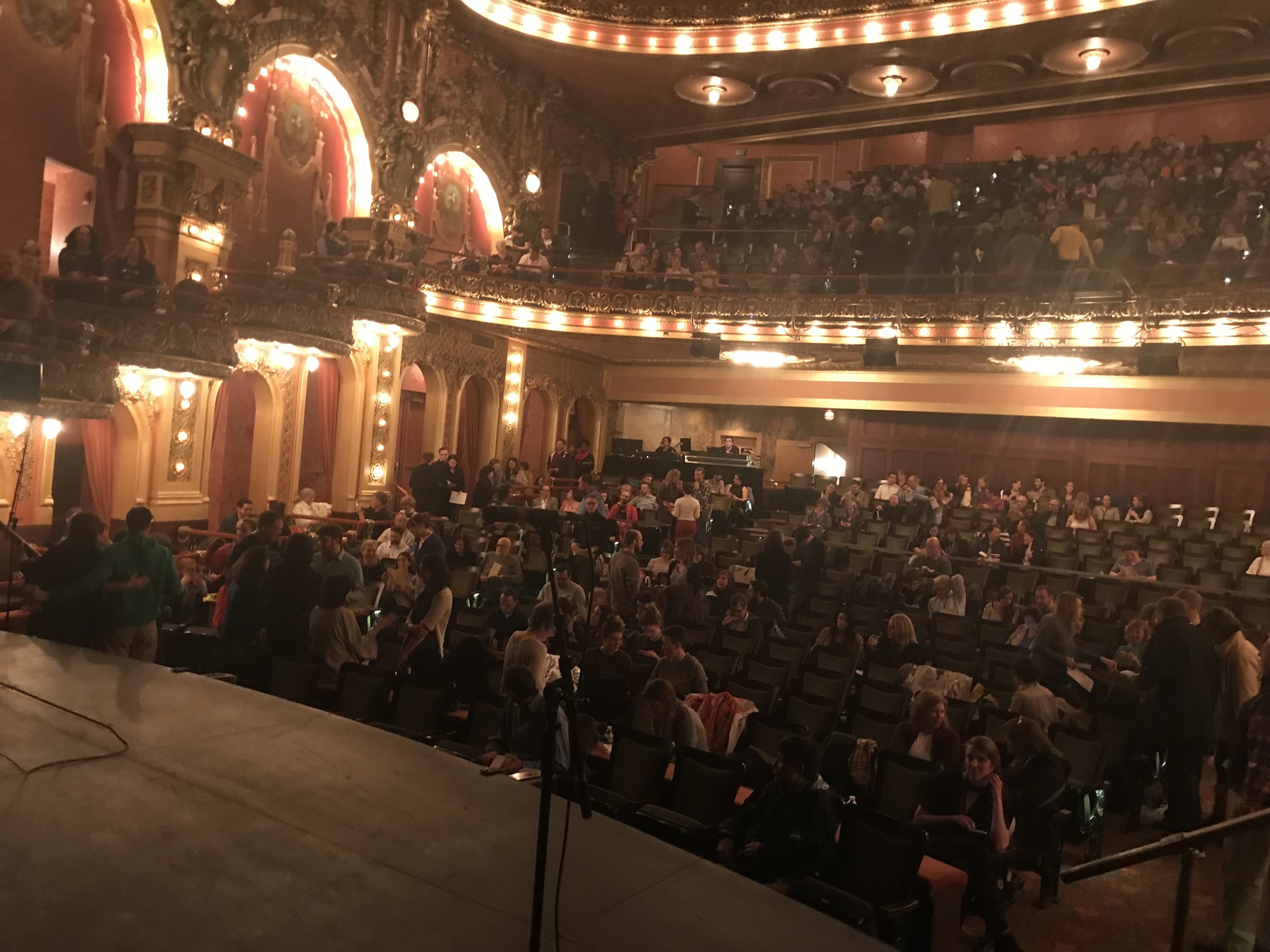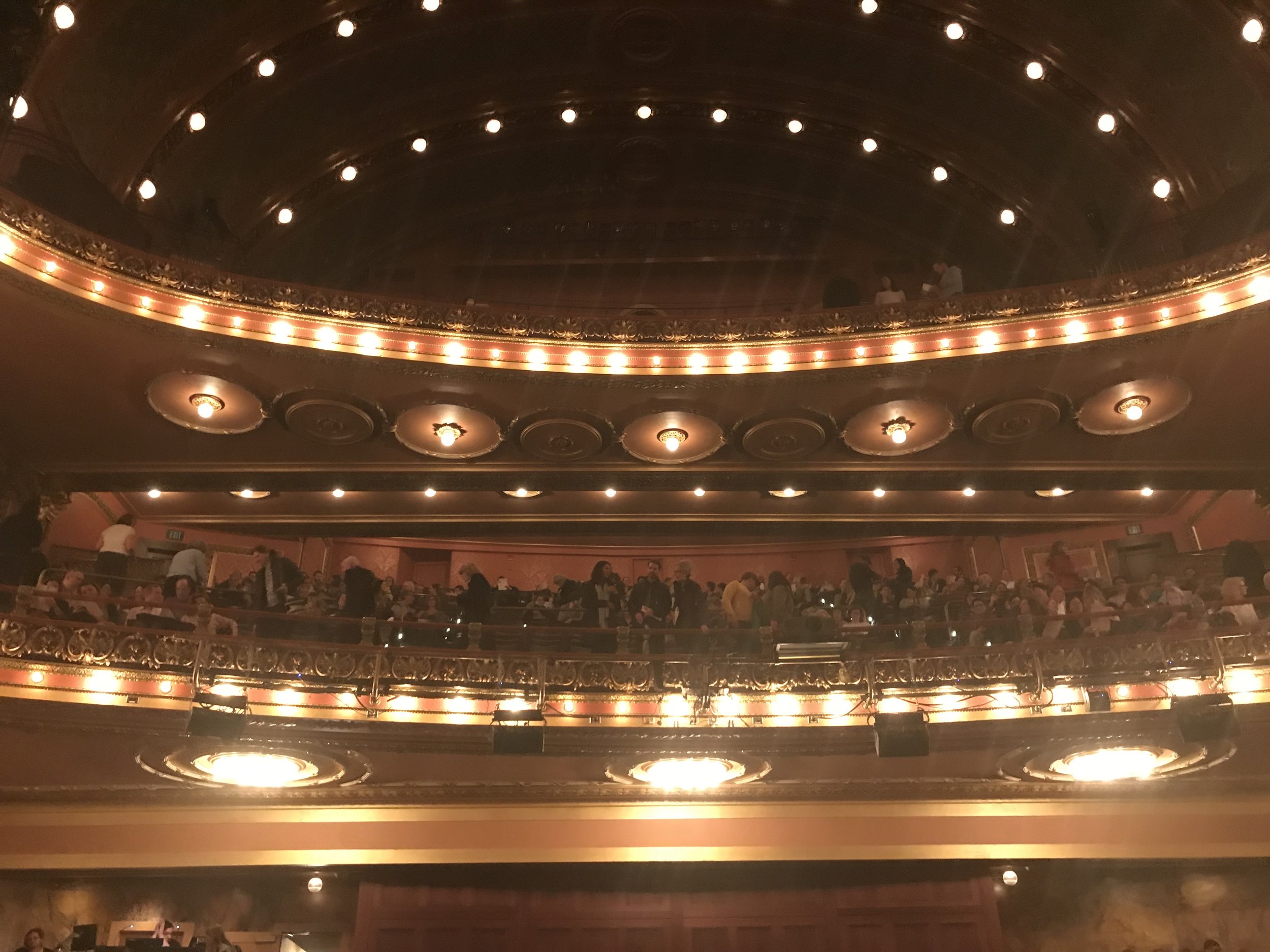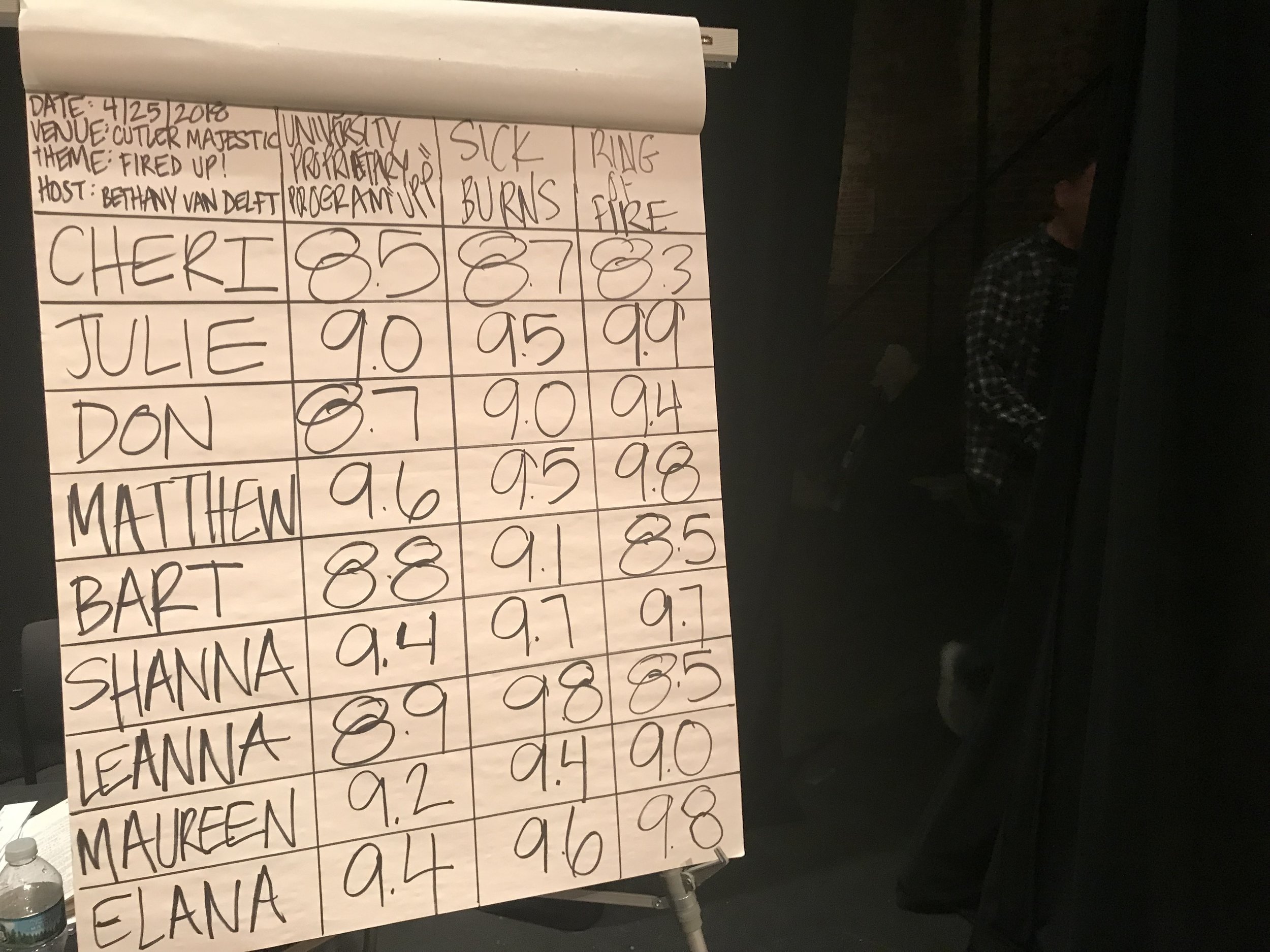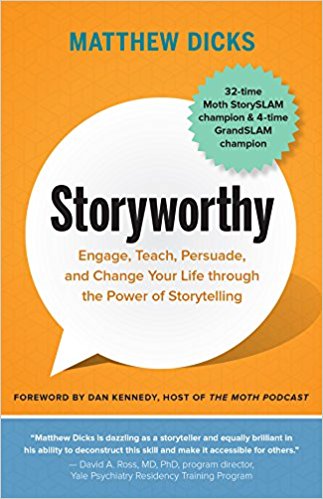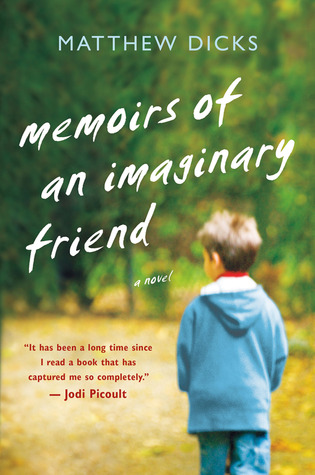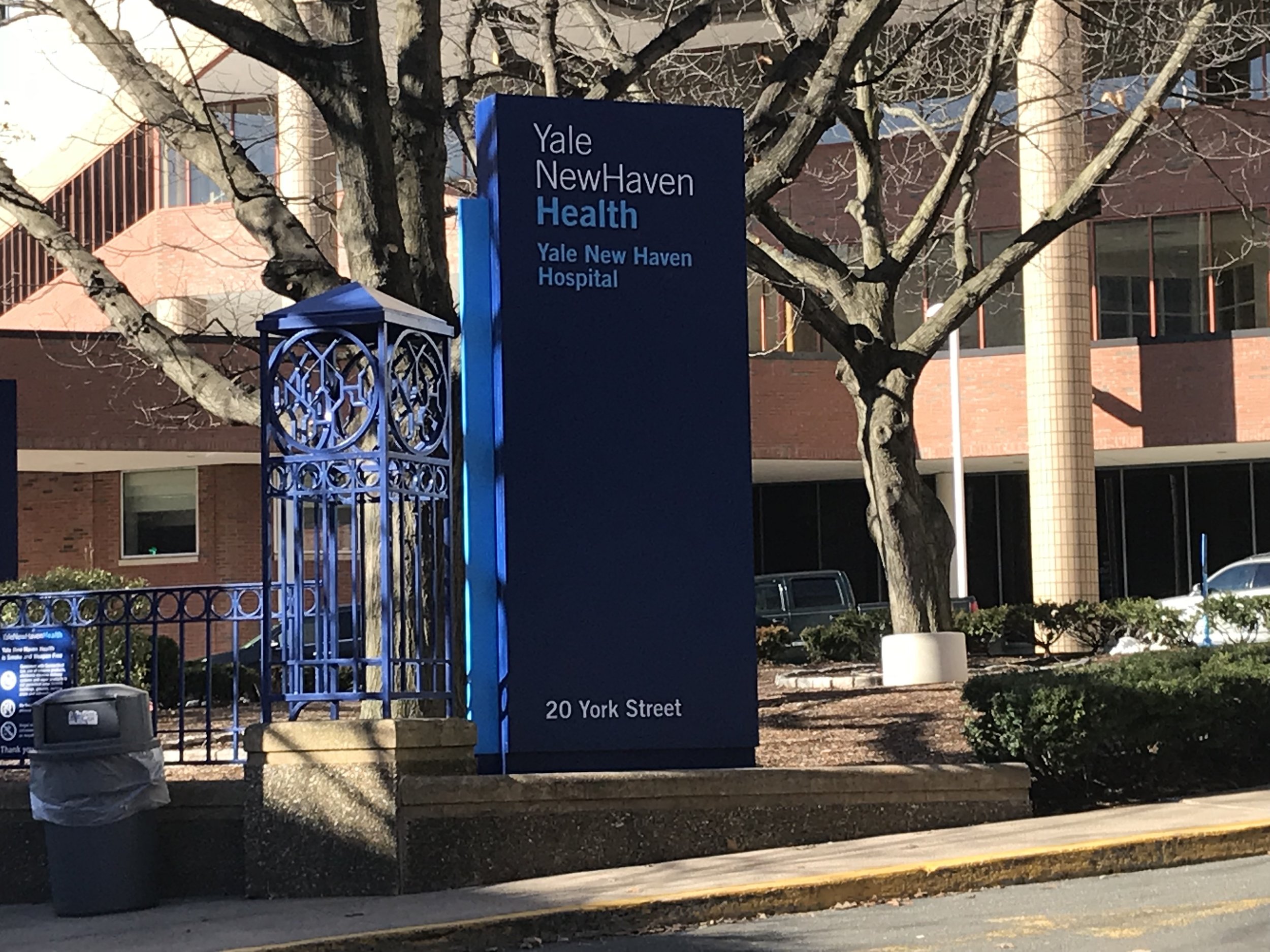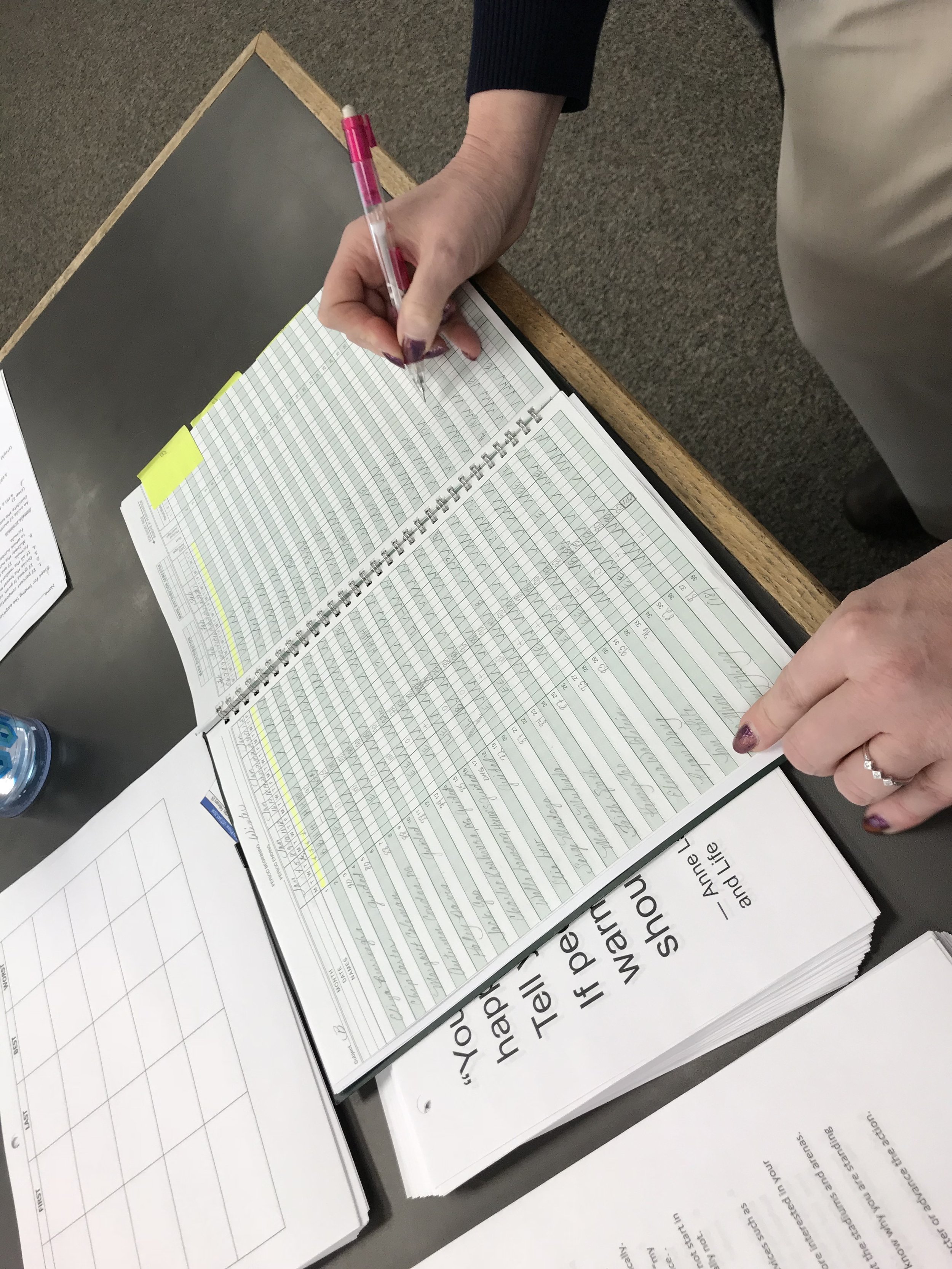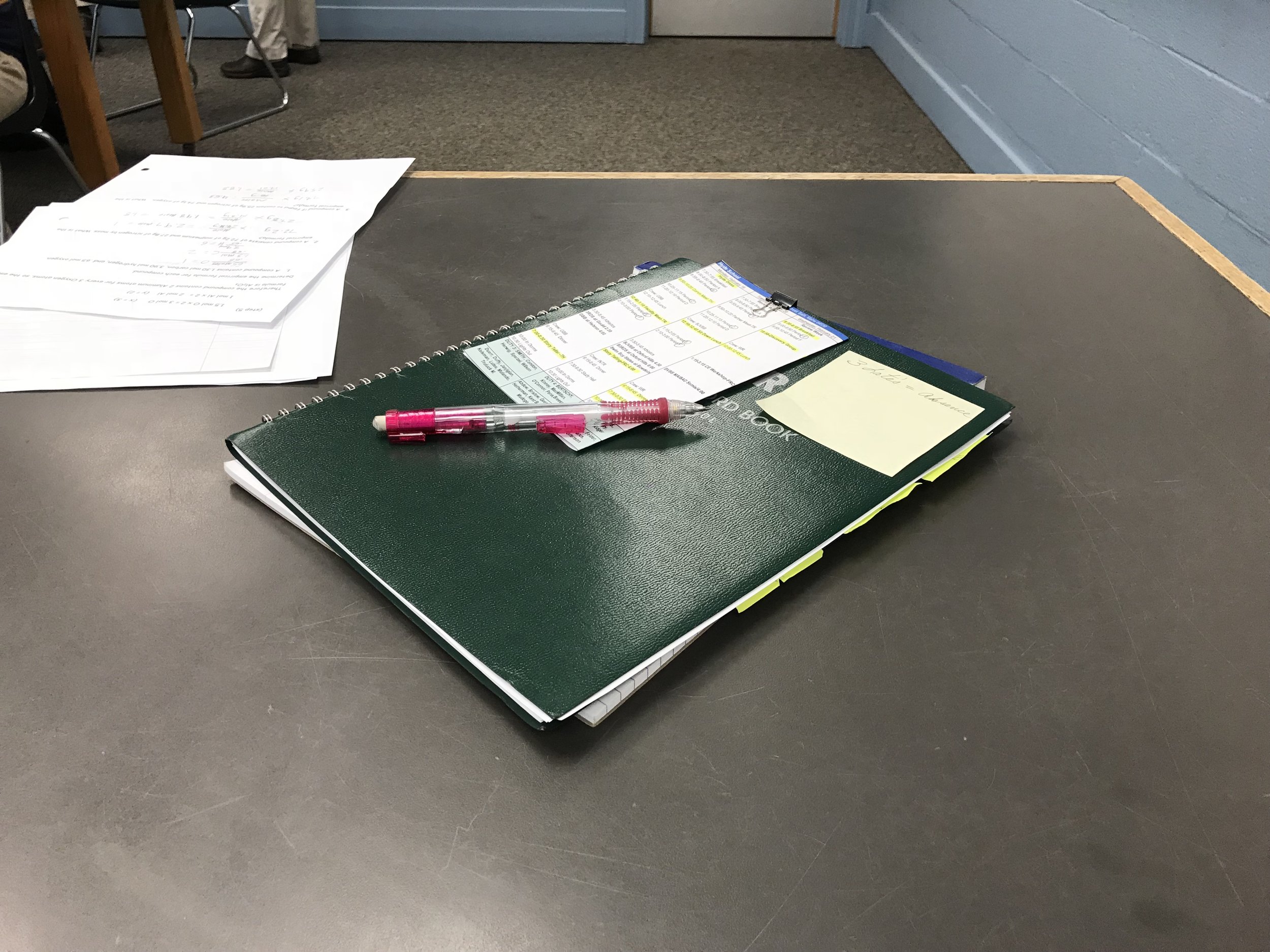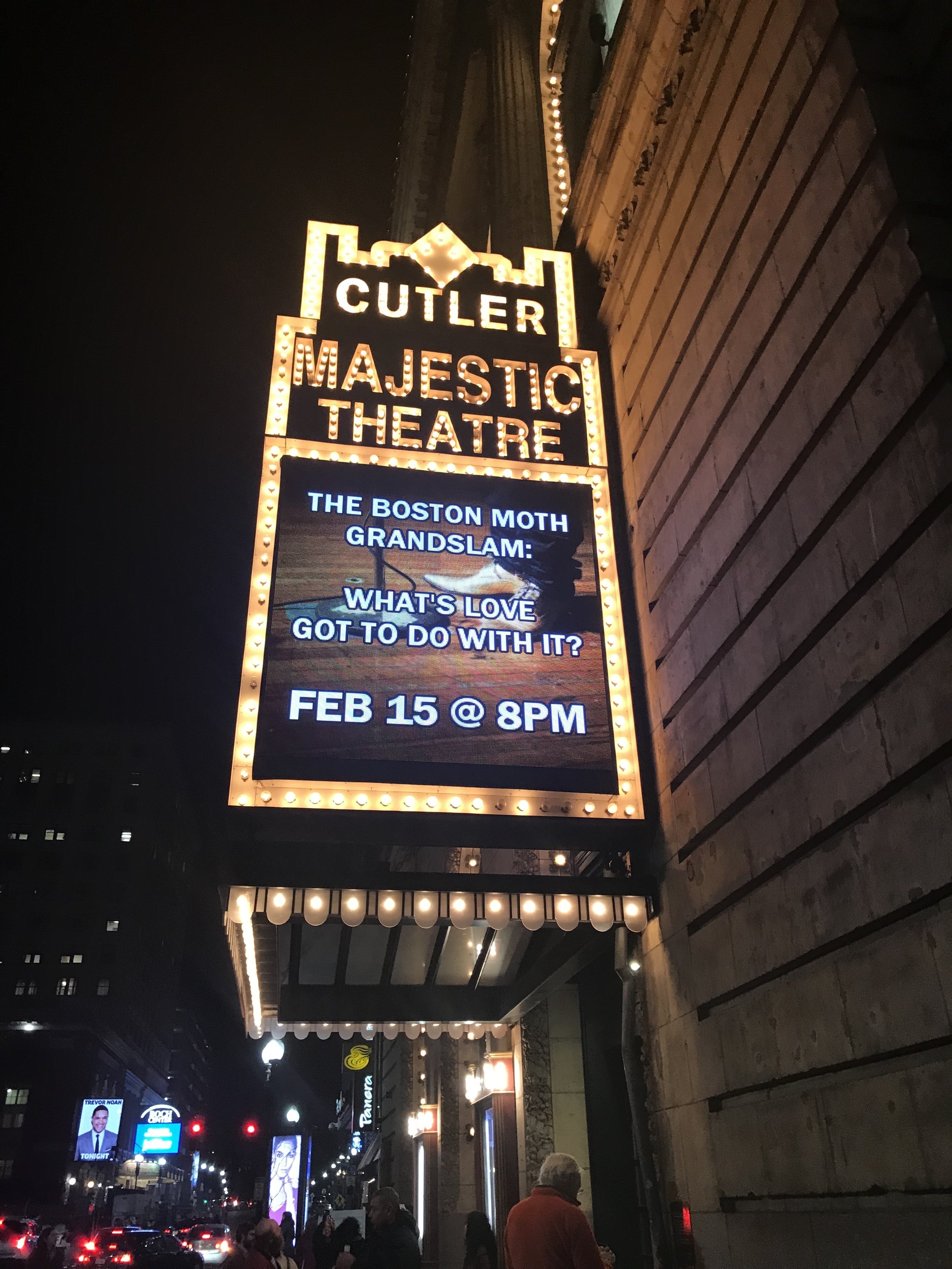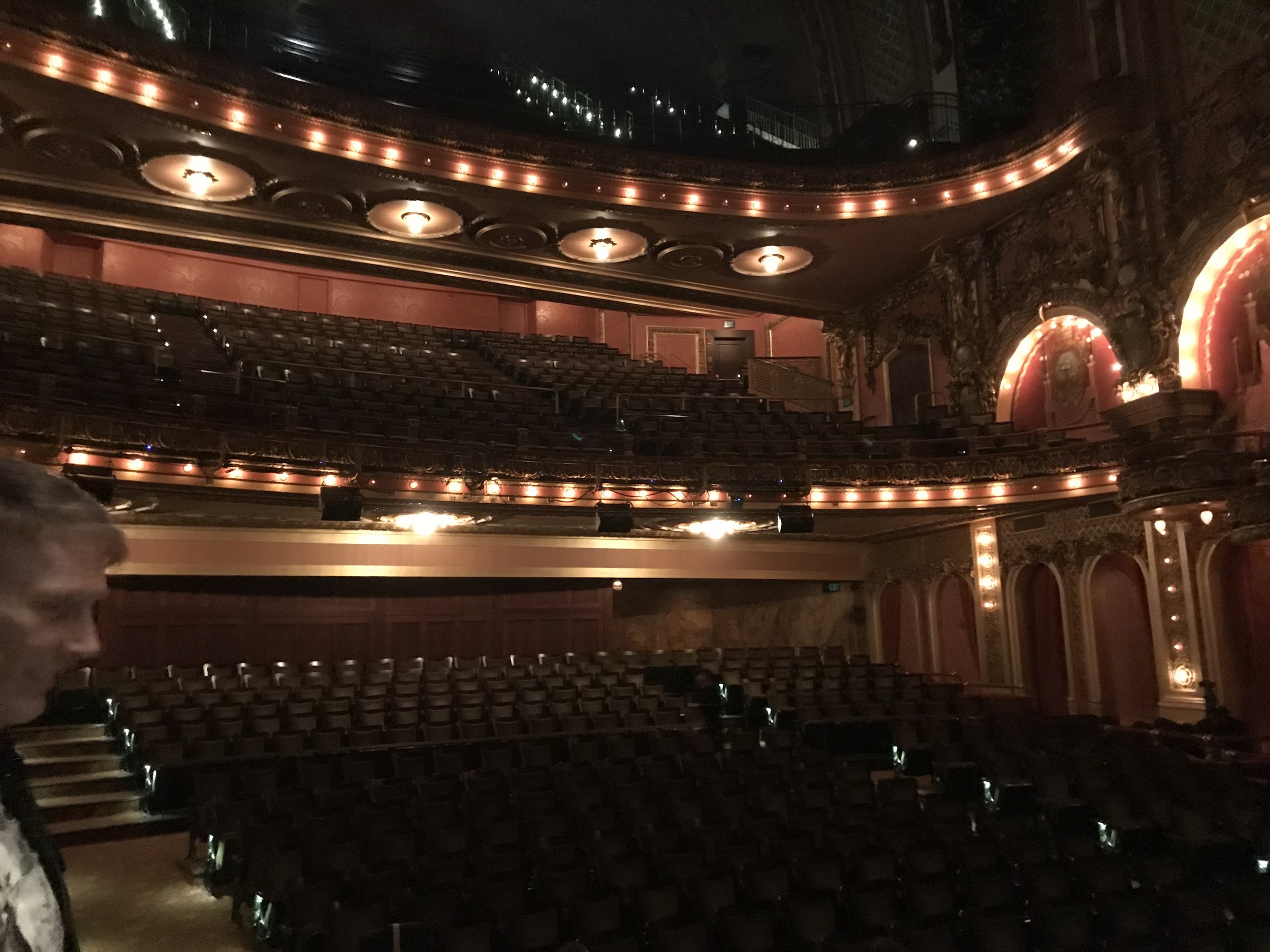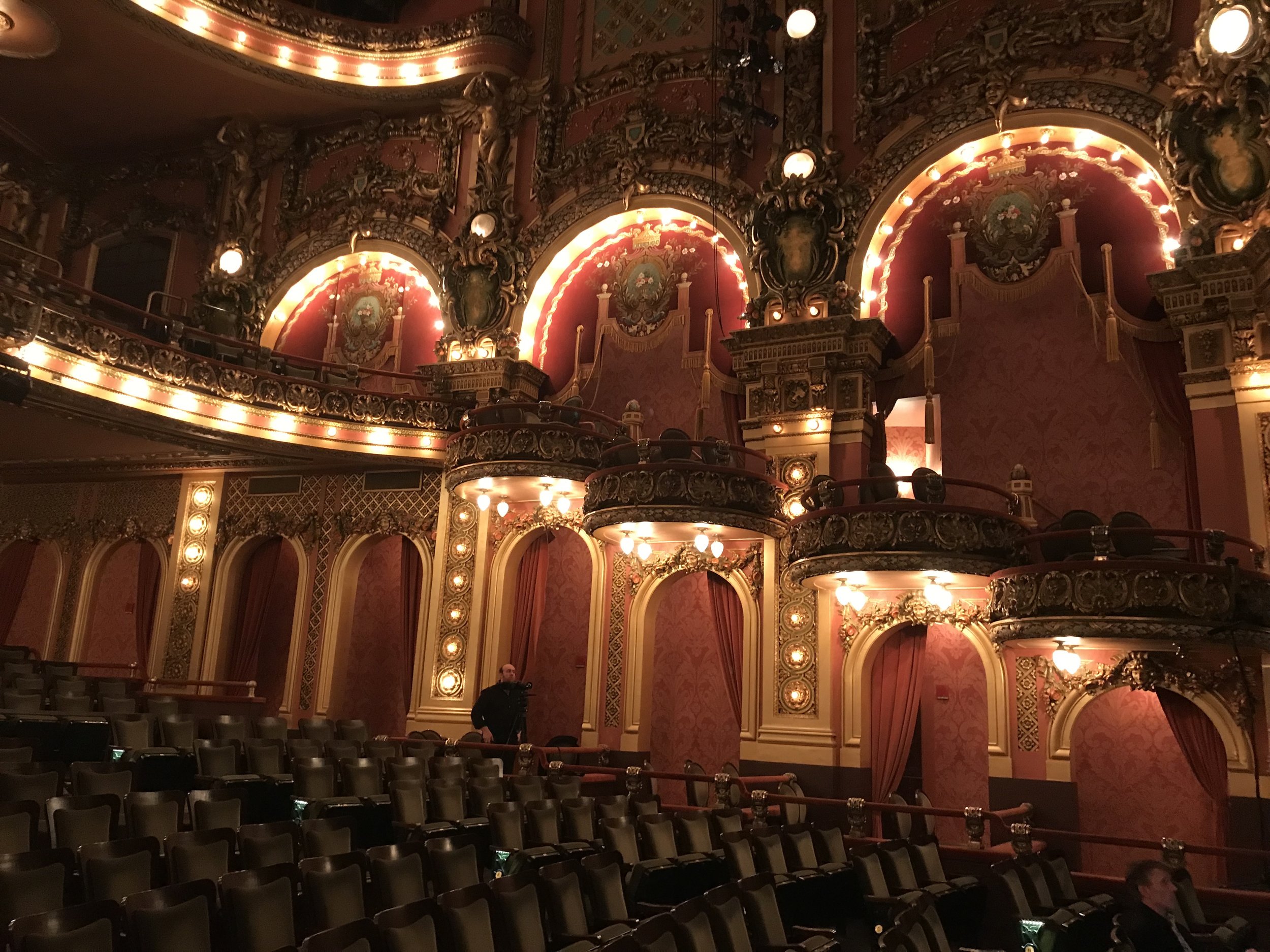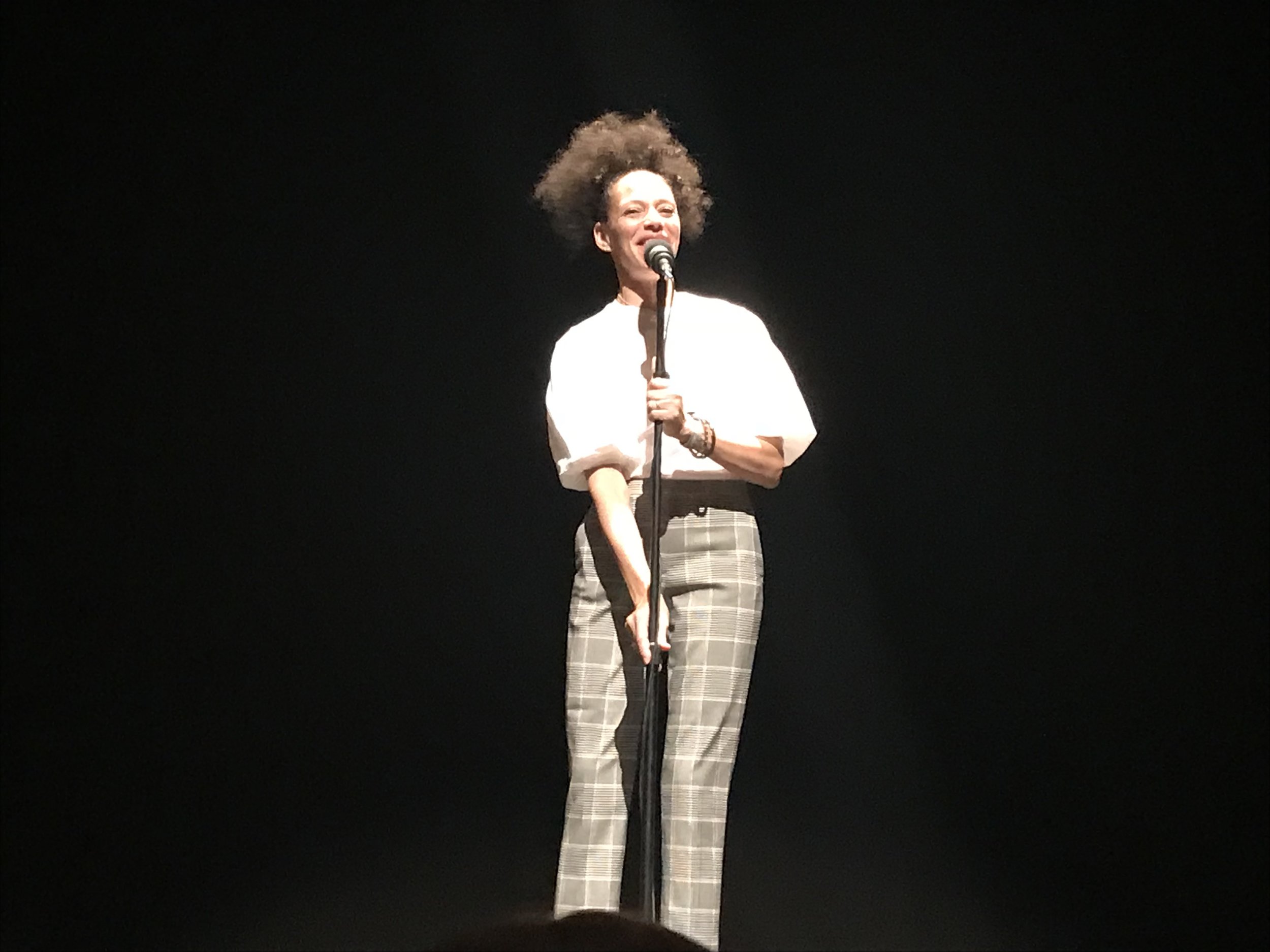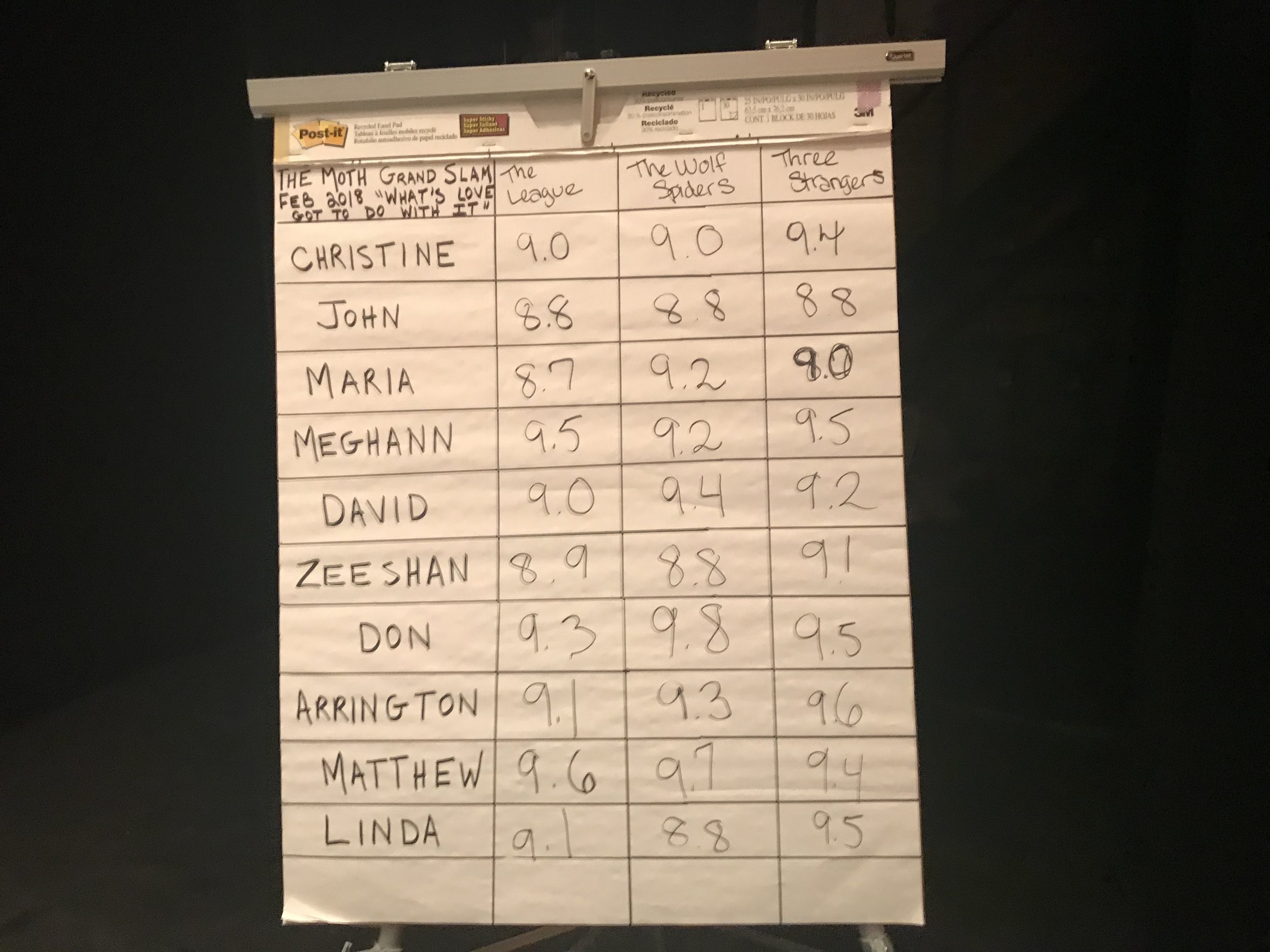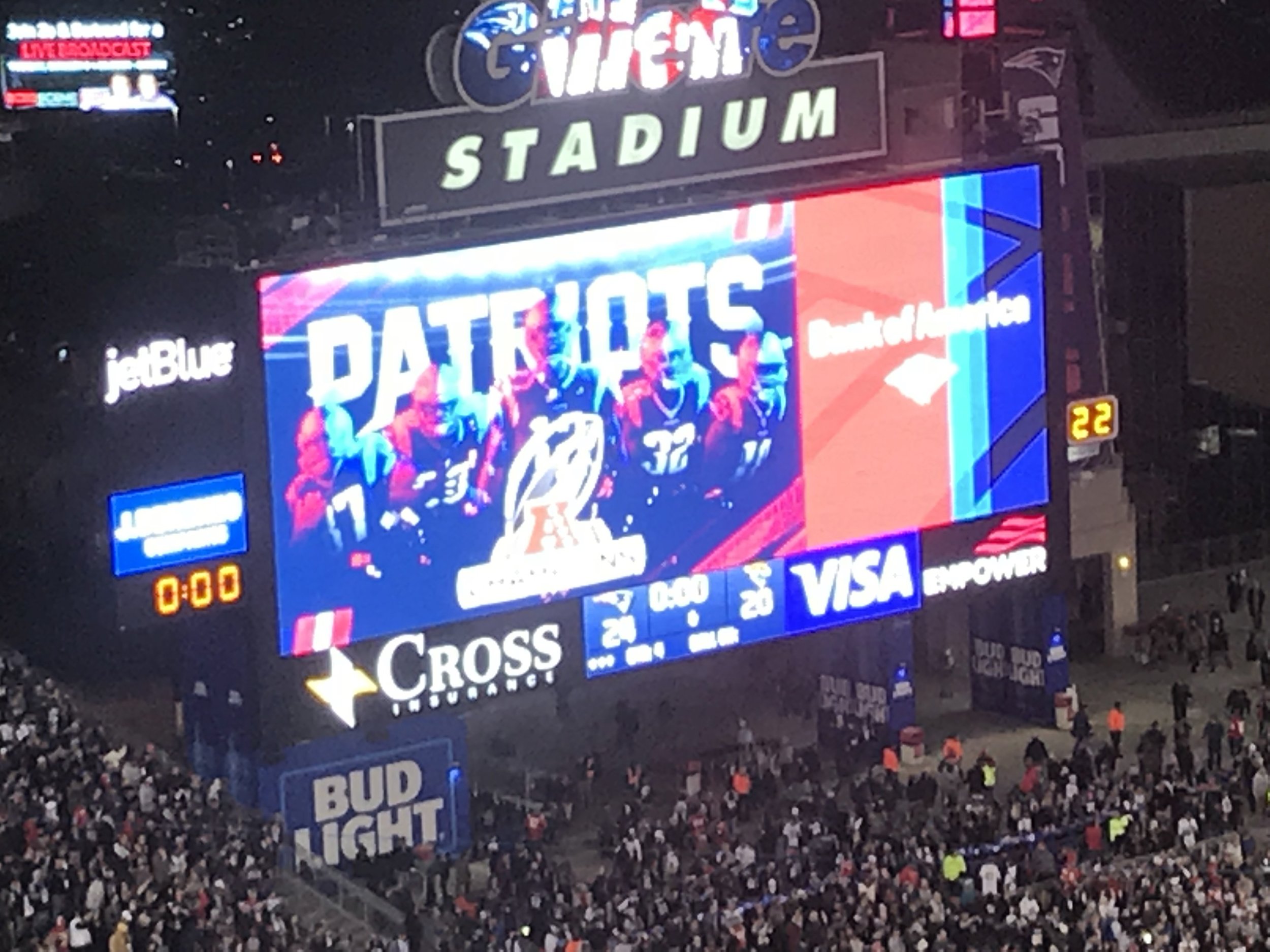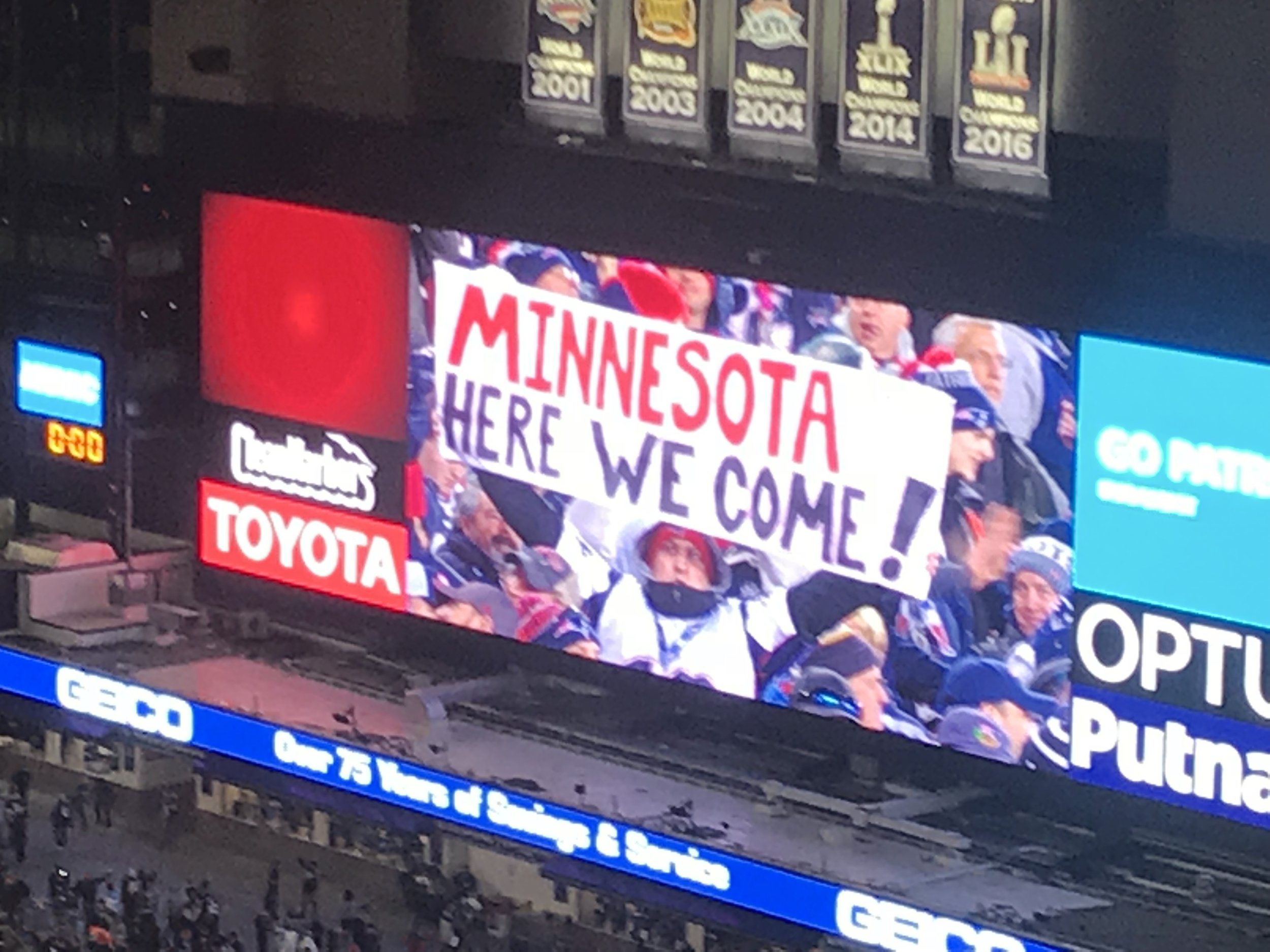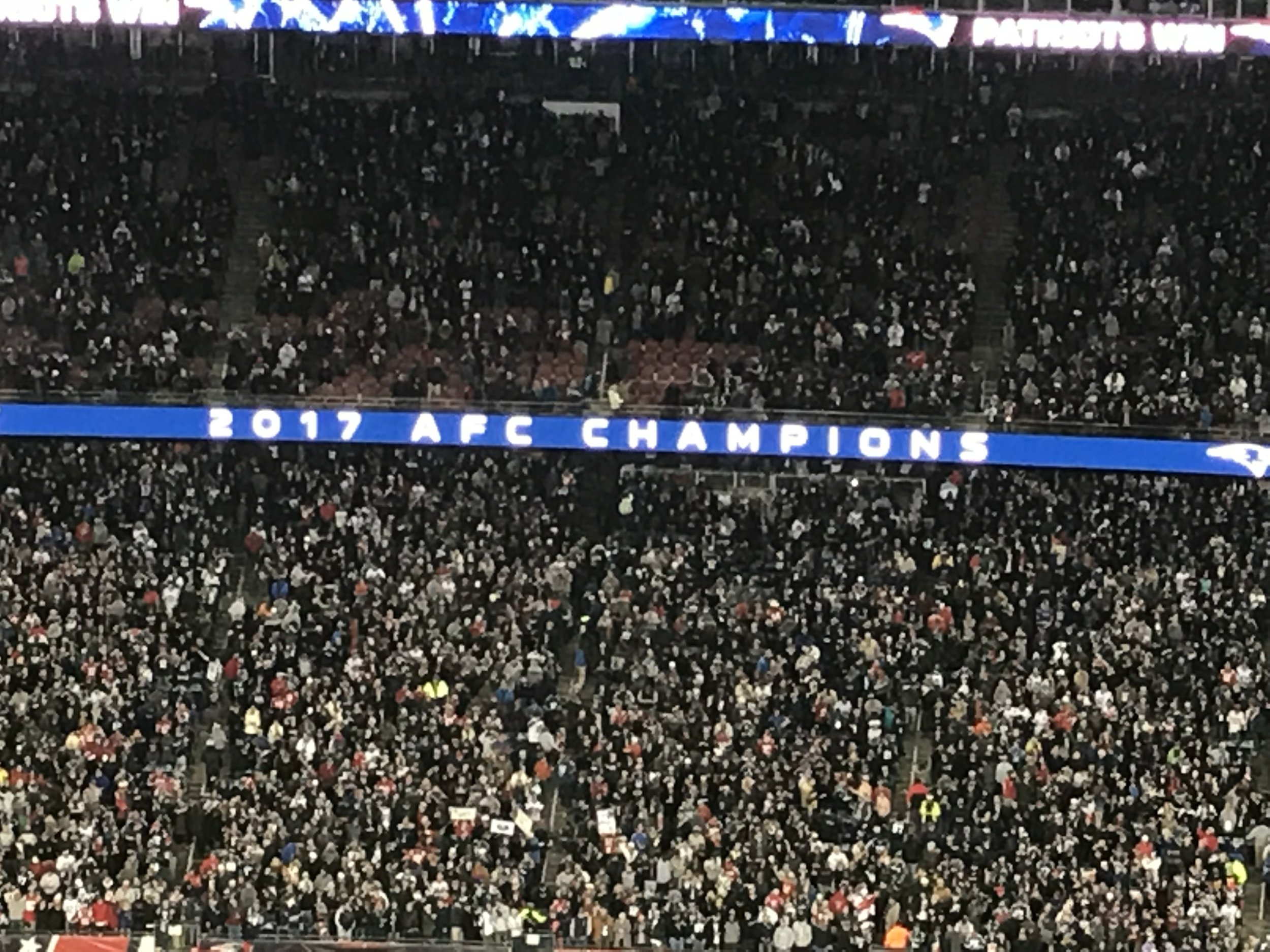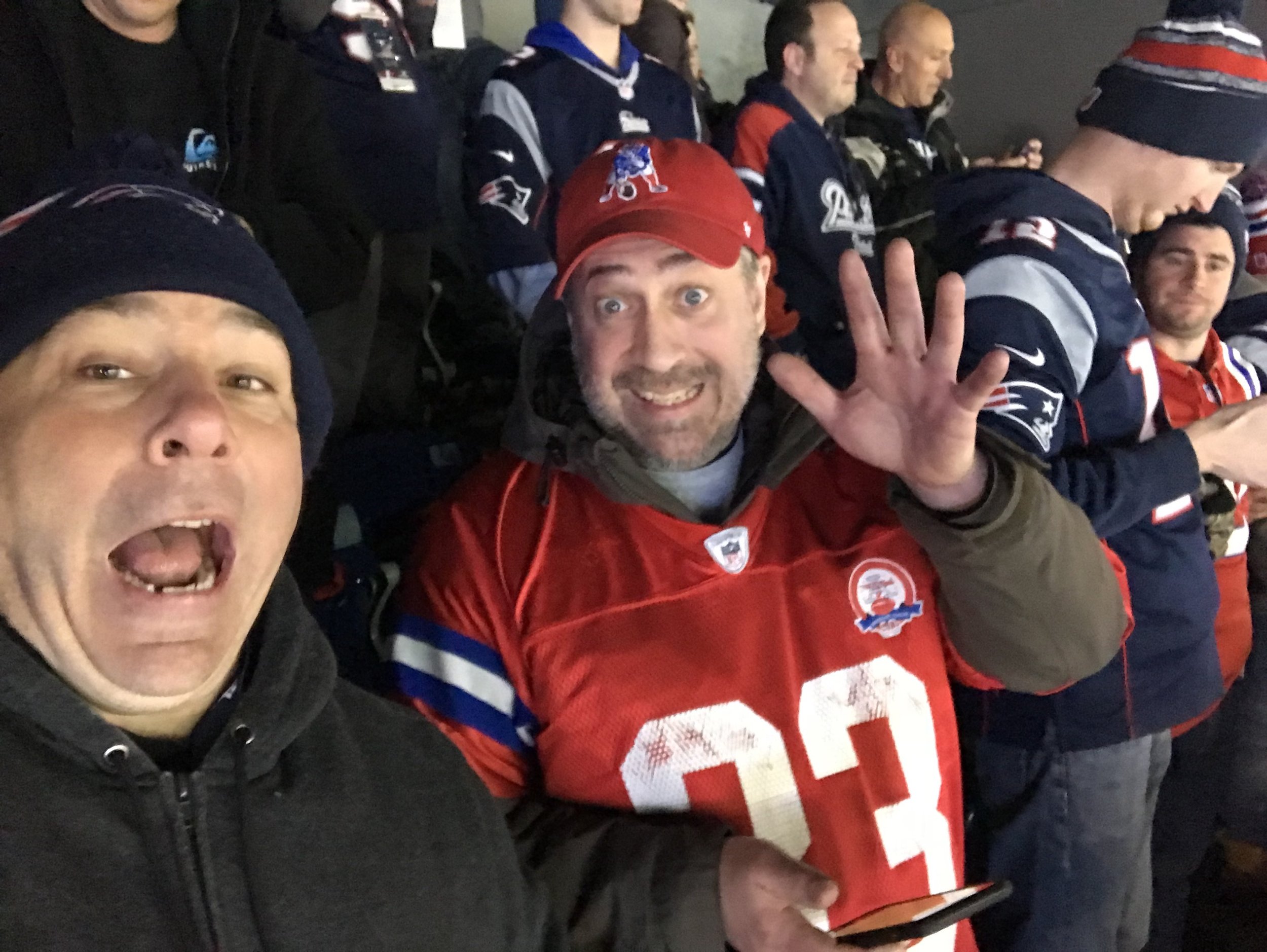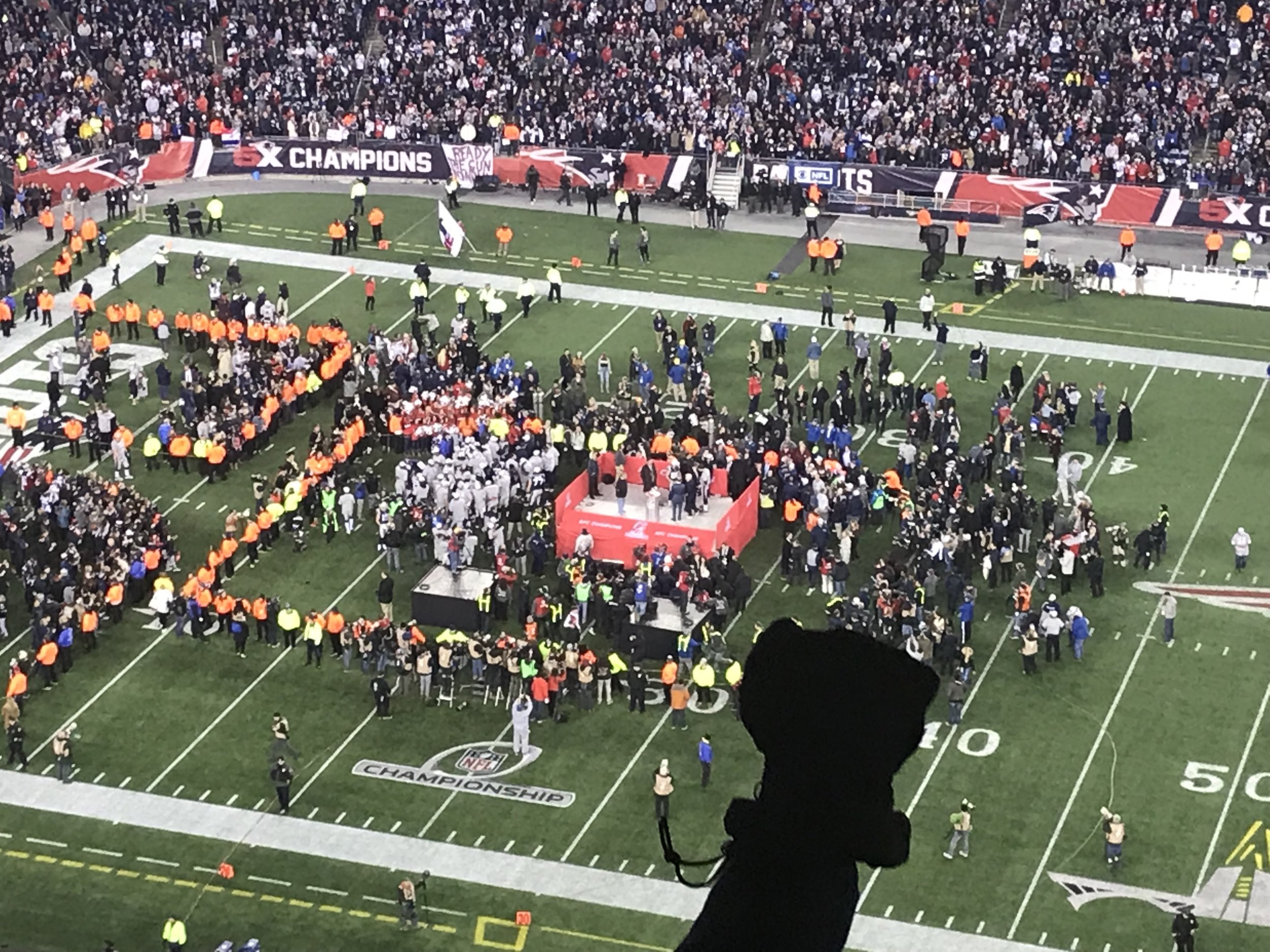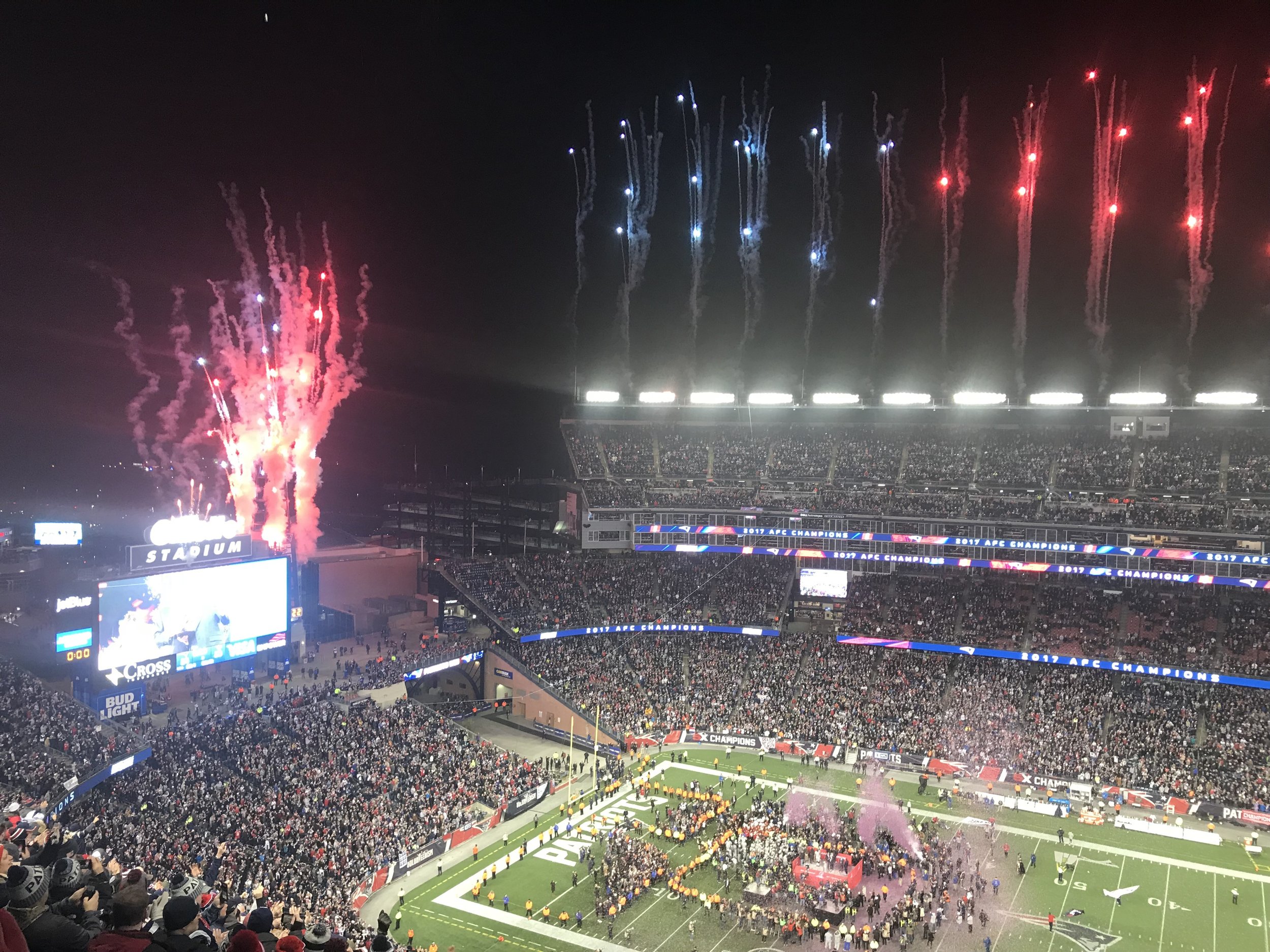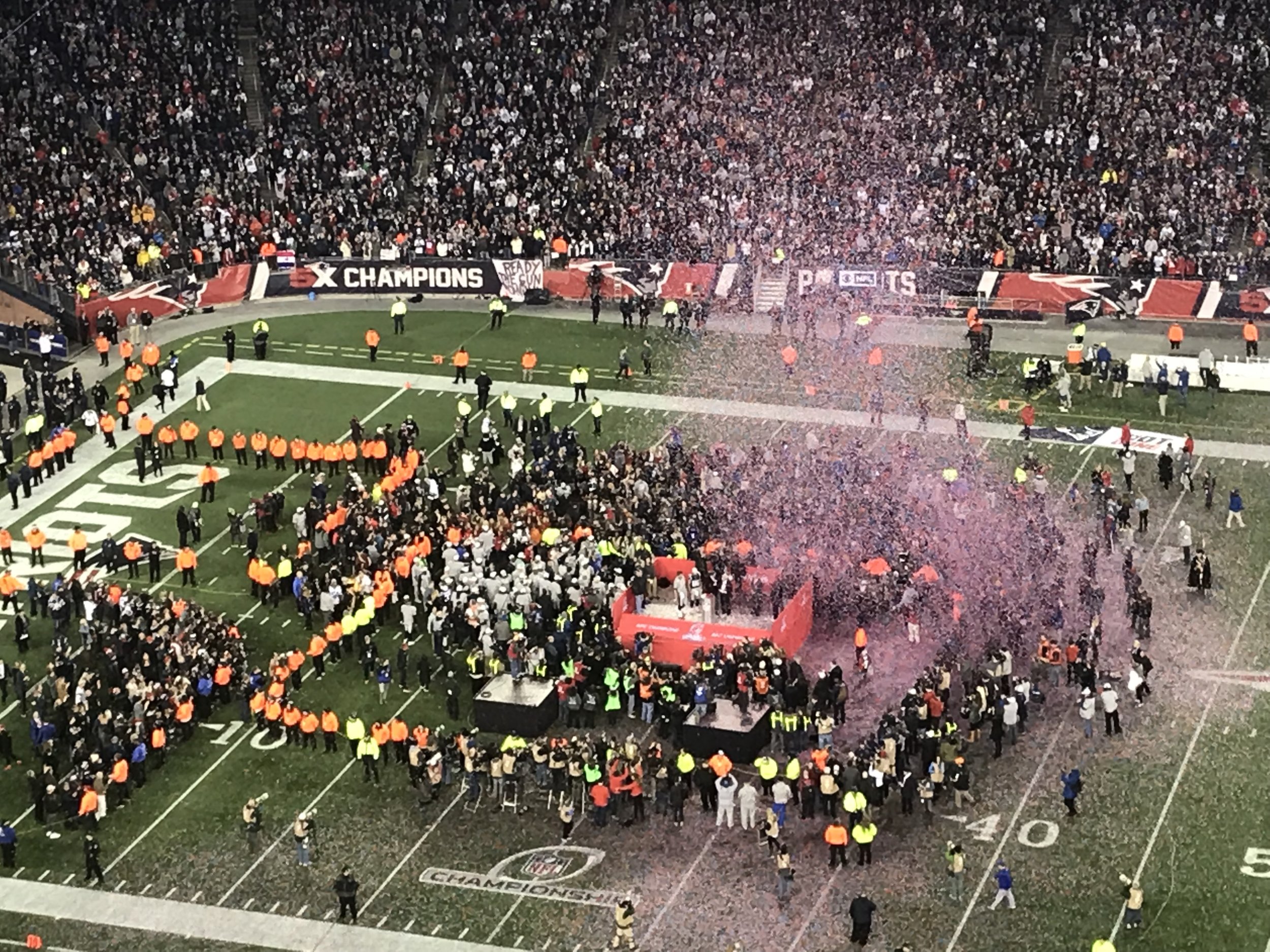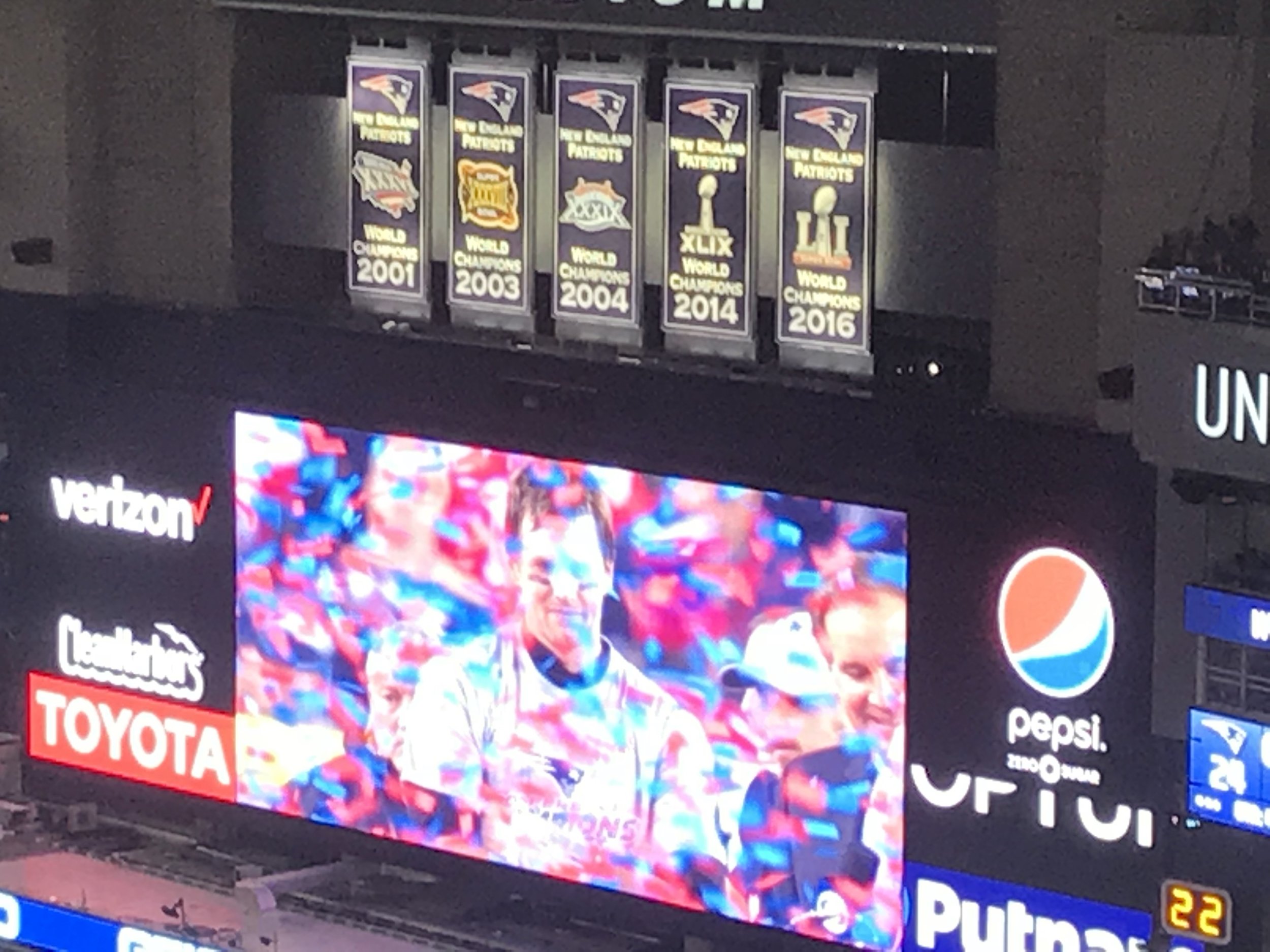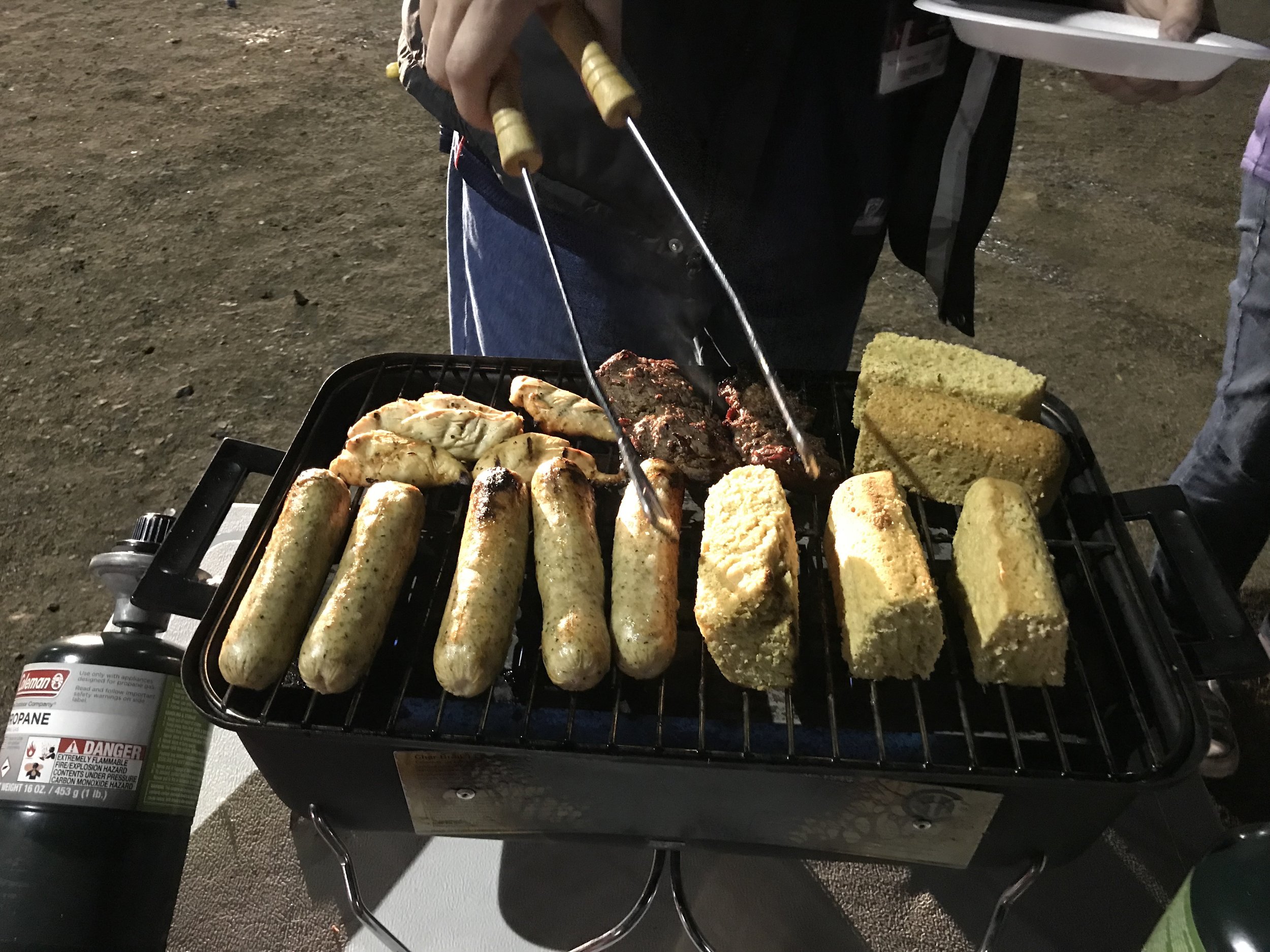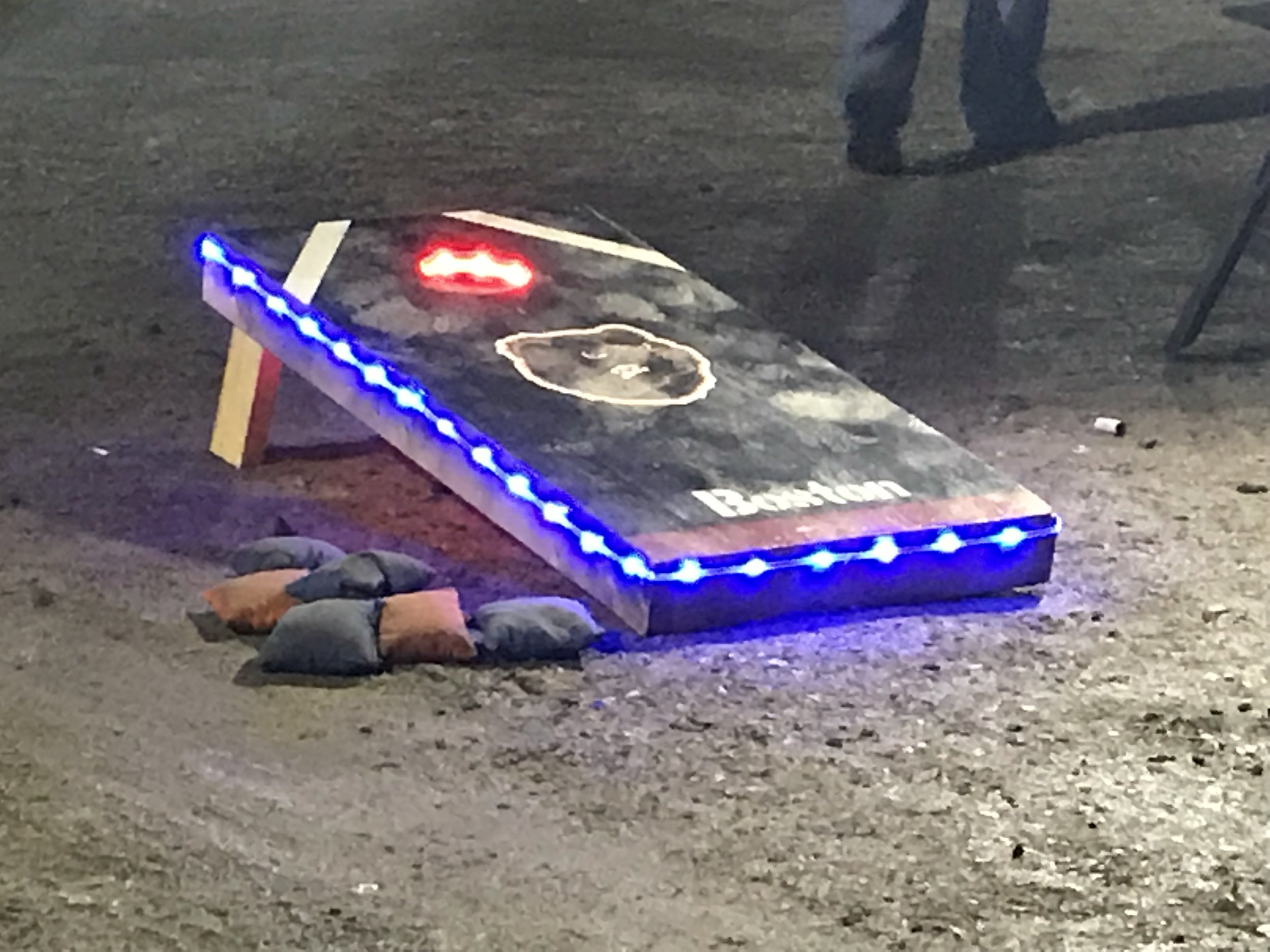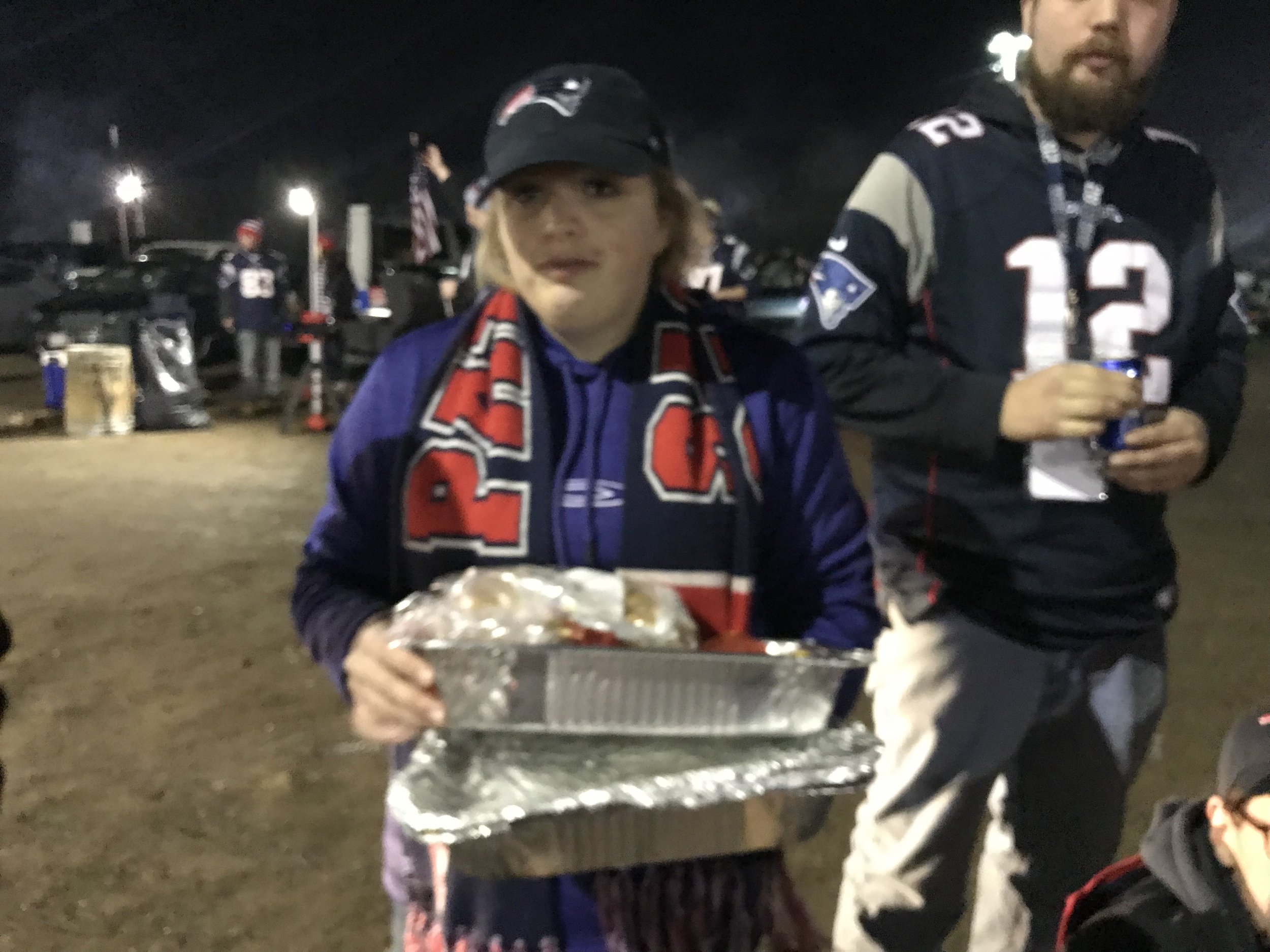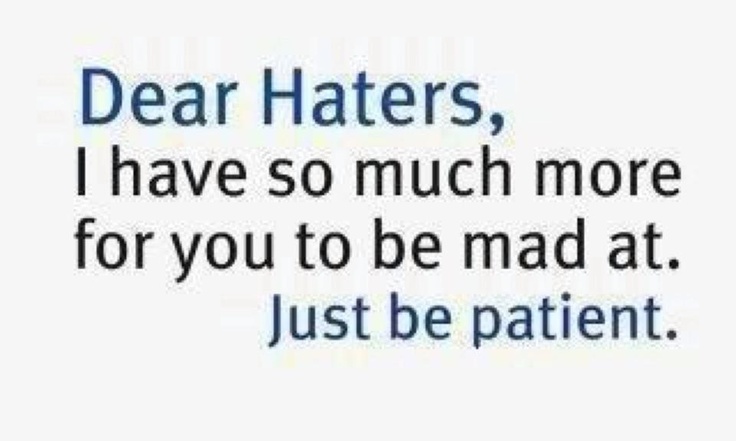Mohawks and Jessie Eisenberg
/During my April vacation from teaching, I had the honor of traveling to Canada to teach storytelling on a Mohawk reservation. The Mohawk nation is paying Mohawks to learn their native language from a fellow Mohawk and native speaker who is also a world-renown native language expert.
Their goal is to preserve the Mohawk language and prevent it from fading away.
The Mohawk language is unlike any of the European languages. The sentence, "I love you," for example, contains half the letters as the actual word "love." It's a language that constructs words from bits and pieces of other words, so it's impossible to you traditional language instruction when teaching it to new speakers.
The man who hired me has developed his method of instruction over the course of 25 years after using it to teach himself the Mohawk language. He is a truly extraordinary human being.
I was hired to help his students tell better stories. His hope was that in telling better stories, they might be more enthusiastic about using the language and would enjoy listening to one another more.
As I stood before his class, ready to teach, I found myself thinking, "In the summer of 2011 I went to New York to tell one-and-only-one story for The Moth. Today I'm about two hours north of Toronto, on a Mohawk reservation, being paid to teach storytelling to Native Americans."
It's crazy where life can take you when you dare to do something difficult and frightening. When you refuse to stand still. When you insist on challenging yourself.
Last night I was in New York, attending the book launch party of friend and podcast host Mike Pesca, when I saw the actor Jesse Eisenberg waiting for an elevator with his wife and child. Having read the chapter of Pesca's book that he had written, I stepped over to say hello and congratulate him on his success. After exchanging stories about former NBA player Dan Majerle and the video game NBA Jam, I quickly discovered that Eisenberg knew exactly who I was from my appearances on Pesca's podcast and talked to me about some of the stories he liked best.
"It's you," he said. "The storyteller. I thought you'd be something else. You look so normal."
He was incredibly sweet and generous with his remarks.
I was a little starstruck.
Once again, I found myself thinking, ""In the summer of 2011 I went to New York to tell one-and-only-one story for The Moth. Now I'm chatting with Jesse Eisenberg about my time working at McDonald's and my methods for teaching storytelling to the masses."
It was a night I'll never forget.
And I'll never forget my three days of teaching on the Mohawk reservation, either. I met some extraordinary people, learned a great deal, and left with a new name.
A Mohawk name:
Rakaraweyenhen
"Teller of great stories."
I've said it before, and I'll say it again:
Do the hard thing. Do the seemingly impossible thing. Never become complacent. Never stand still. Always look for the next hill to climb.
Mike Pesca wrote his first book. I've started to perform standup comedy.
There's no telling where either of these new paths will take us, and that is a wonderful thing.
